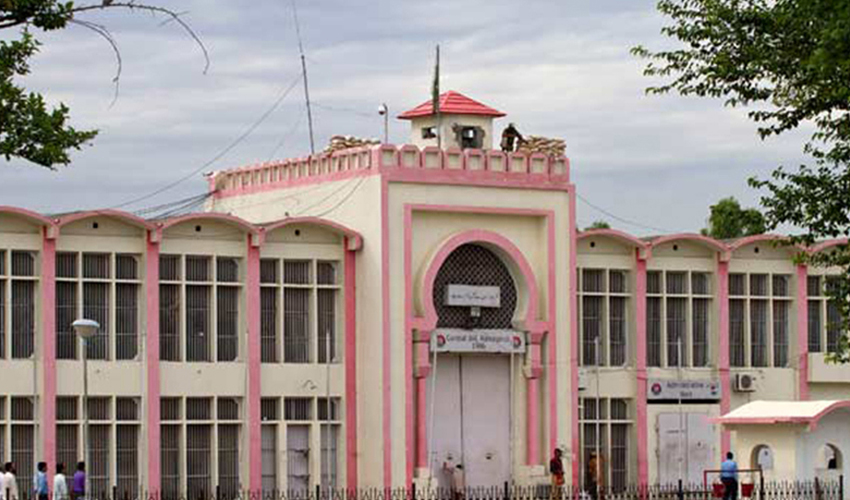Bilwal Kamran
Pakistan’s cricket landscape once again faced a moment of uncertainty this week, and once again, Sri Lanka proved to be one of Pakistan’s most loyal and courageous partners in international cricket. The fear that the ongoing tour might collapse after the Islamabad blast sent shockwaves through the national cricket setup. For a country that has fought long and hard to restore its reputation as a safe cricketing destination, even the hint of withdrawal could have caused serious damage.
When reports emerged that several Sri Lankan players were considering flying home, the mood quickly shifted from excitement to anxiety. The memory of 2009 still hangs painfully over Pakistan. That attack on the Sri Lankan team bus in Lahore shut the country out of international cricket for nearly a decade. Stadiums went silent, foreign teams stayed away, and Pakistan was forced to play “home” matches on foreign soil. For the players now touring Pakistan, the fear of history repeating itself was understandable.
PCB chairman and Interior Minister Mohsin Naqvi took charge of the situation with clarity. He reached out to the Sri Lankan high commissioner and directly reassured him of foolproof security measures. The message was simple but firm: Pakistan would ensure complete protection, no matter how much coordination or effort it required. Mr Naqvi relayed the same message to the Sri Lankan players, meeting them to address their concerns face-to-face. Every possible step was taken to restore confidence so the tour could continue without disruption.
The Sri Lankan cricket board also stepped in decisively. It warned its players that abandoning the tour mid-way would lead to disciplinary action. The board even prepared substitute players in case some members of the original squad decided to pull out. This tough but clear stance reflected Sri Lanka’s commitment to honouring its word and completing the tour. The Sri Lankan Cricket (SLC) management confirmed it would continue with the same touring party for the ODI series and the upcoming Tri-Nation T20 tournament with Zimbabwe as the third team.
Pakistan’s security establishment also moved swiftly. The army chief assured Sri Lanka’s defence minister that the team would be provided top-level protection with army and paramilitary deployment. This direct communication between the two states demonstrated the seriousness with which Pakistan approached the matter. It also reflected Sri Lanka’s willingness to trust Pakistan’s assurances at a time when the slightest doubt could have derailed the entire tour.
The most important takeaway is that Sri Lanka once again stood beside Pakistan when many others might have simply left. It is easy for teams with no history here to cancel tours citing “security concerns.” But Sri Lanka shares a deeper connection. It was Sri Lanka that first sent its team back to Pakistan after the country worked tirelessly to revive international cricket post-2009. It was Sri Lanka that helped restore Pakistan’s cricketing honour when the world was still hesitant. And today, it is Sri Lanka again that chose courage over fear and partnership over suspicion.
This episode should be a reminder for Pakistan of the value of strong sporting friendships. International cricket is not just entertainment; it is a key part of Pakistan’s cultural identity, global image, and social spirit. When the world doubted Pakistan, Sri Lanka extended trust. When players hesitated, Sri Lankan authorities encouraged them to stay. And when Pakistan needed a friend, Sri Lanka once again proved it would not walk away in a moment of difficulty.
















